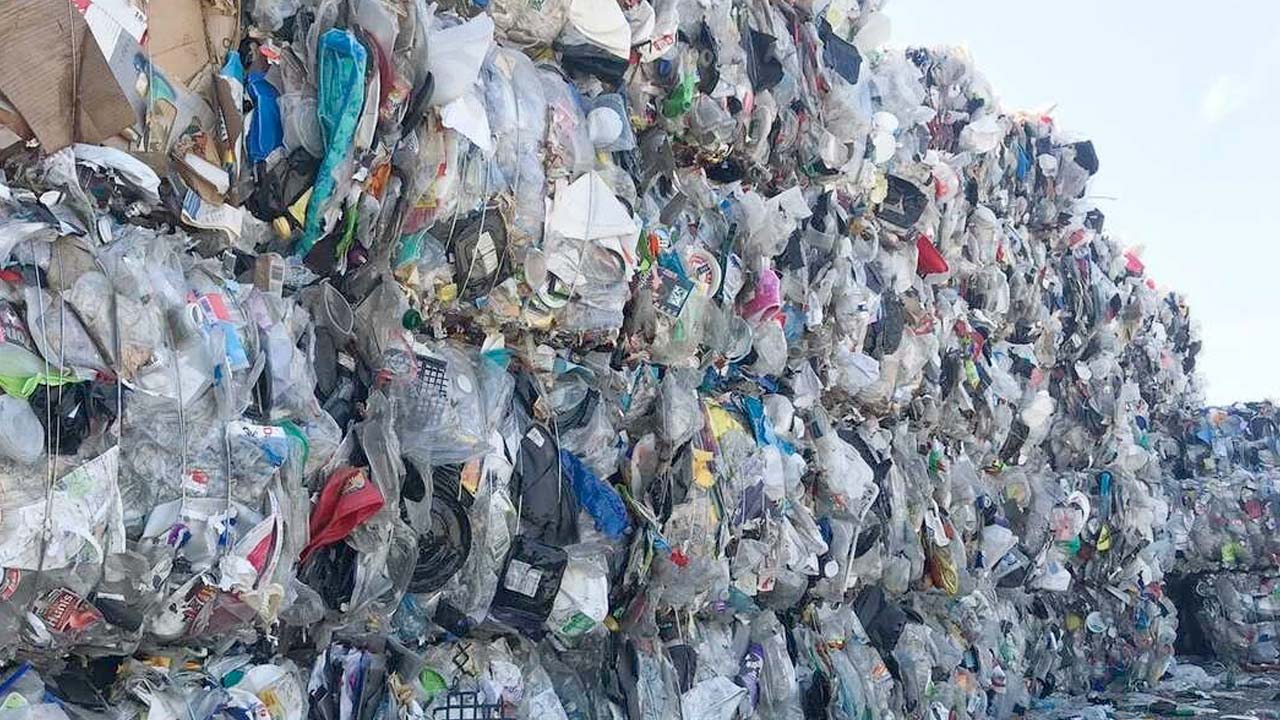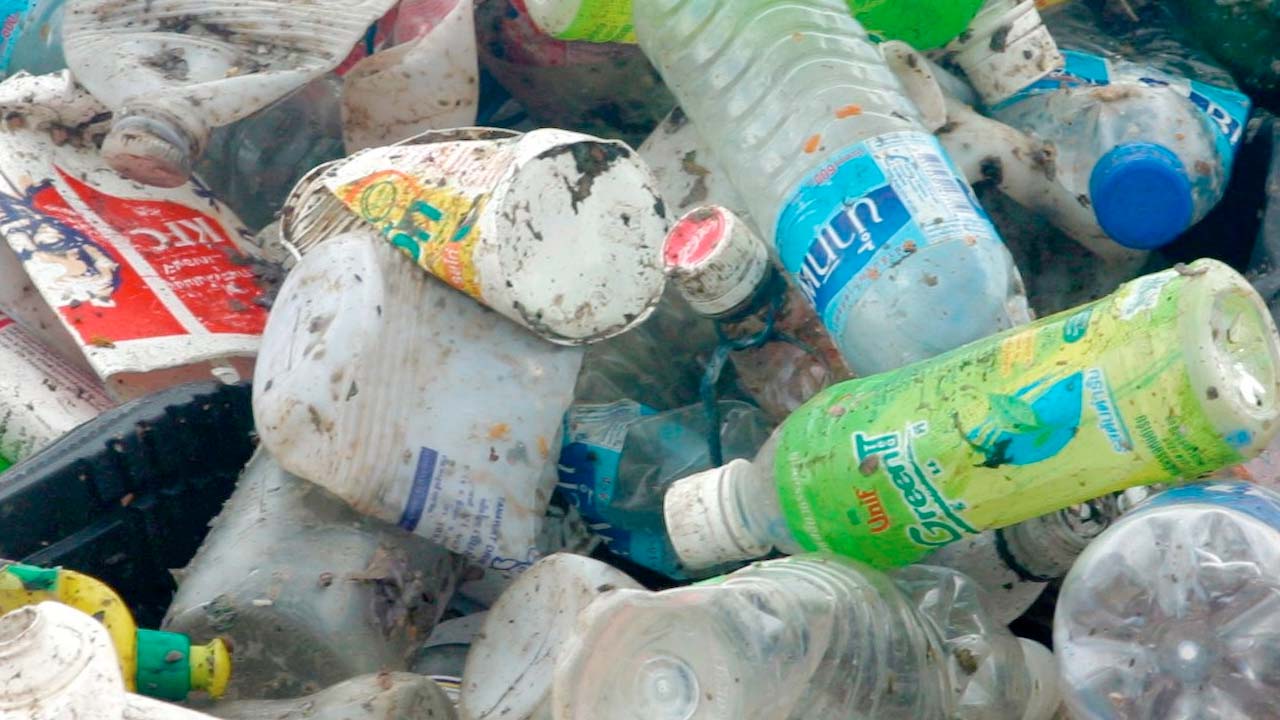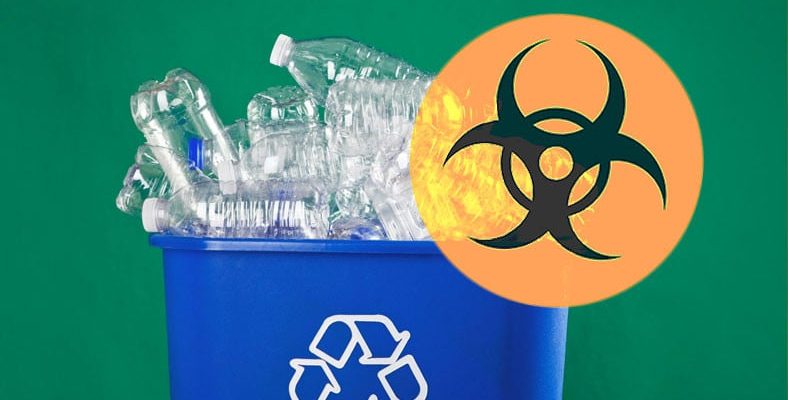The new report published by Greenpeace revealed that recycled plastic also seriously affects human and environmental health.
While our world continues to be polluted with the countless plastic materials we have produced for decades, this pollution has now started to seriously affect our living things. Increasing pollution, especially in the seas and oceans, of small living things, the most basic link of which causing it to disappear.
While the recycling of plastic is increasing in order to prevent the increase of plastic waste, an important report came from Greenpeace today. Environmental NGO, recycling of plastic revealed that it harms nature and people.
Recycled plastic and this process also puts human life at risk:
Greenpeace’s May 24 “Forever ToxicAccording to the report, both recycled plastic and the process of recycling plastic, adversely affect nature and human life. Moreover, it is not insignificant.
The report states that 13 thousand different chemicals are used in the production process of plastic. 3,200 of them are poisonous drew attention. Moreover, it has been noted that the number of toxic chemicals is higher in recycled plastics.
Greenpeace has supported the use of recycled plastics in scientific studies to date. associated with cancer, cardiovascular disease, obesity and other health problems. recorded.
But how is recycled plastic harmful? Here is Greenpeace’s answer:

According to Greenpeace, the recycling of plastic reveals uncontrolled toxic content. The 3 processes that caused this were shared as follows:
- Toxic chemicals in newly produced plastic: When these plastics are recycled, toxic chemicals also contaminate the recycled plastics.
- Leakage of toxic substances into plastic waste: Absorption of plastics by direct contact or absorption of volatile compounds, contamination and further diffusion of other plastics by their recycling.
- New toxic chemicals emerging in the recycling process: Toxic chemicals such as brominated dioxins and benzene, produced by heating plastics in the recycling process.
He supported this idea with scientific studies:

Studies revealing the damage to nature:
- A 2013 study found that harmful chemicals that pollute the air around and inside plastic recycling facilities in China have potential health effects on workers and residents.
- Two studies (1 and 2) in China found high levels of plastic flame retardant chemicals in soil, sediment and road dust near plastic recycling plants.
- The IPEN report of 2021 examined 35 chicken eggs and found that eggs from 25 different parts of the world had organic pollutants. The level of pollution was higher especially in eggs taken from places close to recycling facilities.
Studies revealing the harm to human health:
- A 2015 study revealed that workers in plastic recycling facilities experience health risks due to organic compounds that come out during the recycling process, with some workers at increased risk of developing cancer.
- A 2020 study revealed that the vast majority of workers at recycling facilities in the Gaza Strip were exposed to harmful materials for a period of 1 year, with many of them experiencing occupational illnesses.
- The Human Rights Watch report of 2022 revealed that employees and residents of recycling facilities in Turkey can be exposed to harmful chemicals due to inhalation of toxic dust and fumes.
- The IPEN report of 2022 revealed that recycled plastics from China, Indonesia and Russia contain toxic chemicals. One or more flame retardant chemicals banned worldwide were found in all 73 products examined.
Apart from these studies, the report also included the findings of many scientific studies. You can find the latest report of Greenpeace here.
RELATED NEWS
A Disease Caused by Plastic Wastes in Living Things Has Been Identified: Wastes Cause Physical Damage to Living Beings!
RELATED NEWS
